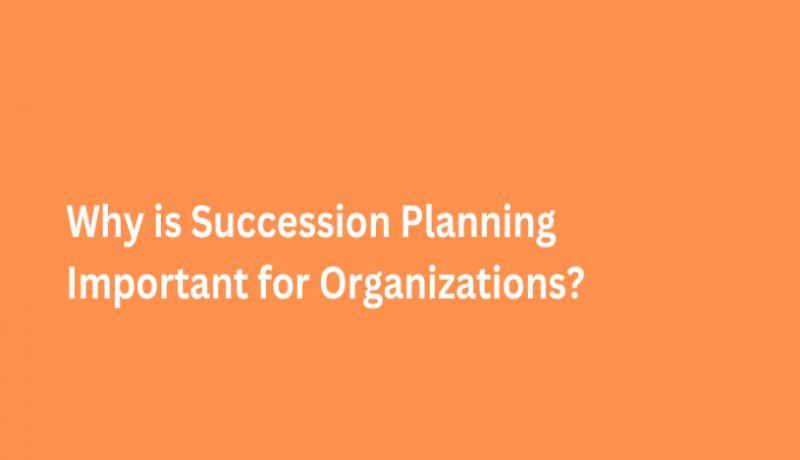Why is Succession Planning Important for Organizations?
Succession planning is a strategic process in which an organization identifies and develops internal employees with the potential to fill key leadership positions within the company. The primary goal of succession planning is to ensure a smooth transition of leadership and maintain organizational continuity, especially during times of leadership changes, such as retirements, resignations, or other unexpected events.
Succession planning is crucial for organizations for several reasons:
1. Leadership Continuity
Succession planning ensures that there is a smooth transition of leadership within the organization. It identifies and develops potential leaders who can step into key roles when current leaders retire, resign, or face unexpected circumstances.
2. Risk Mitigation
Without proper succession planning, organizations may face a risk of leadership gaps, which can disrupt operations and hinder strategic initiatives. Identifying and developing talent in advance helps mitigate the risk associated with sudden departures of key personnel.
3. Talent Development
Succession planning involves assessing and developing the skills and capabilities of employees. This process not only prepares individuals for future leadership roles but also enhances their skills, making them more valuable contributors to the organization in their current roles.
4. Employee Engagement and Retention
Knowing that there are opportunities for growth and advancement within the organization can boost employee morale and engagement. Employees are more likely to stay with a company that invests in their development and provides a clear path for career progression.
5. Knowledge Transfer
Senior leaders often possess valuable institutional knowledge and experience. Succession planning allows organizations to capture and transfer this knowledge to the next generation of leaders, ensuring that critical information and insights are not lost when key individuals leave.
6. Adaptability and Flexibility
Succession planning allows organizations to adapt to changes in the business environment. By having a pool of skilled and prepared leaders, companies can respond more effectively to evolving challenges and market dynamics.
7. Competitive Advantage
Organizations with a robust succession planning process are better positioned to attract and retain top talent. This can provide a competitive advantage in the marketplace, as talented individuals are more likely to join and stay with a company that invests in their professional development and career advancement.
8. Strategic Alignment
Succession planning aligns talent development with the organization's strategic goals. It ensures that the leadership pipeline is equipped with individuals who understand the company's vision and can drive its long-term objectives.
In summary, succession planning is a proactive approach to talent management that not only addresses immediate leadership needs but also contributes to the overall health, resilience, and sustainability of an organization. It is a strategic investment in the future success of the company.








